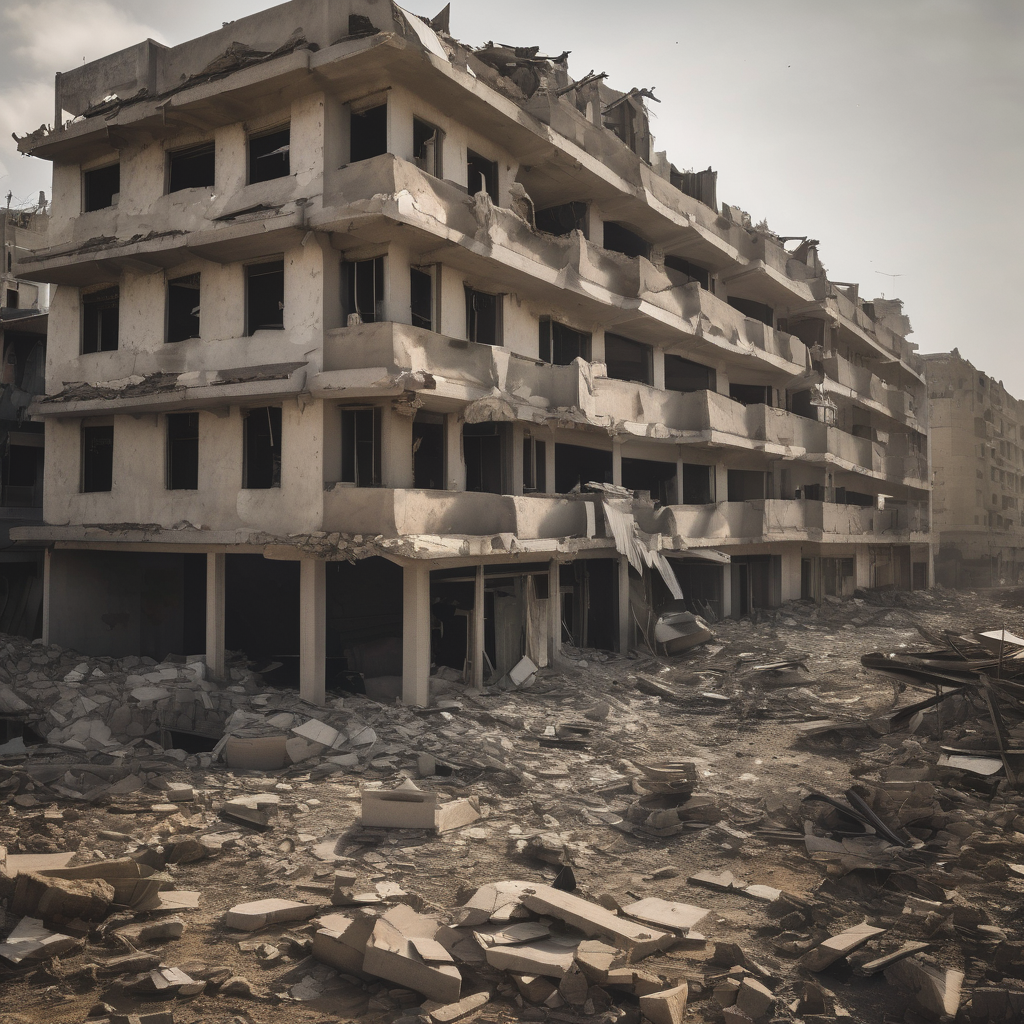Israeli forces have intensified their military operations in Gaza City, resulting in the destruction of several residential buildings and the death of at least 31 Palestinians, according to local health authorities. The ongoing conflict in the region, nearly two years into the war, finds Israel describing Gaza City as a stronghold of Hamas. Consequently, the Israeli military has been targeting housing blocks that it claims have been utilized by militants since the commencement of its ground assault this month.
Tragically, among the fatalities reported on Sunday was a pregnant woman and her two children. This heart-wrenching incident has underscored the fragility and peril that civilians face in the densely populated area. The Israeli military asserts that their operations have resulted in the killing of numerous militants, though they have not provided specific comments regarding the civilian deaths.
In the aftermath of these devastating strikes, residents have been seen sifting through debris, attempting to recover any belongings they can from the ruins of their homes. The emotional toll is evident, as expressed by Mosallam Al-Hadad, whose daughter-in-law and grandchildren were killed. “The mother, the boy, the girl, and the baby in her womb – we found them all gone,” he shared, while detailing his son’s severe injuries.
The humanitarian situation in Gaza remains dire, with many families displaced and living in precarious conditions. The ongoing bombings continue to exacerbate an already severe humanitarian crisis characterized by shortages of food, water, and medical supplies.
The broader conflict witnessed this past week includes similar incidents where strikes have killed civilians, such as another airstrike in central Gaza that killed eight people, mostly children, as they were collecting water. This highlights a dire humanitarian situation exacerbated by continuous military operations, fuel shortages, and closed essential facilities.
International reactions express growing concern over the civilian toll, calling for urgent humanitarian interventions. Efforts for a peaceful resolution have been intermittent, with recent discussions indicating possible ceasefire negotiations. However, significant obstacles remain due to differing positions on security matters and ongoing hostilities.
The persistent humanitarian crisis calls for increased international advocacy, emphasizing the need for ceasefires, protected humanitarian corridors, and diplomatic efforts towards a peaceful resolution. Amidst the violence and displacement, the resilience of Gaza’s civilians remains incredibly strong, holding on to hopes for peace and stability.
